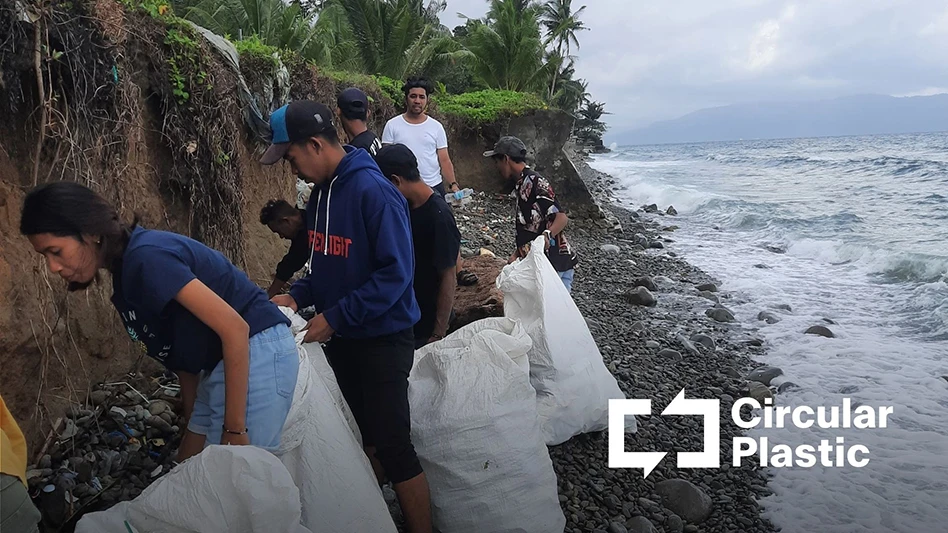
The National Association for PET Container Resources (NAPCOR) has released an updated study titled “Cradle-To-Resin Life Cycle Analysis (LCA) of Polyethylene Terephthalate (PET) Resin.” This study, along with the Association of Plastic Recyclers’ 2018 analysis of recycled resins (both conducted by Franklin Associates, a division of ERG based in Overland Park, Kansas) provides the data to compare energy requirements, solid waste generation and environmental emissions for the processes involved in manufacturing virgin PET material and those required to collect, sort and reprocess postconsumer PET packaging into clean recycled resin.
Using the comparative findings from these recent LCAs, NAPCOR created an infographic and calculator tool to illustrate the comparative impacts of virgin PET (vPET) and rPET. A reduction of 60 percent in greenhouse gas emissions could be achieved by replacing a unit of vPET with rPET. When using rPET in place of vPET, a 75 percent lower total energy demand could be achieved, and 40 percent less energy is expended during processing and transportation, according to the study.
The NAPCOR infographic provides a summary of environmental benefits resulting from PET recycling in the U.S. and Canada, while the calculator allows the user to generate an environmental report for a user-specified weight of PET and percentage of recycled content.
The most recent LCA reports for virgin and recycled PET, the calculator and infographic can be accessed at https://napcor.com/sustainability.
Latest from Recycling Today
- TerraSafe launches plastic-free products following merger with DisSolves
- University of Richmond wins first place in Campus Race to Zero Waste
- Sonoco achieves Pet Sustainability Coalition accreditation
- Eneos, Mitsubishi Chemical complete chemical recycling facility
- Clean Vision breaks ground on West Virginia pyrolysis facility
- Northeast Recycling LLC buys Mass Green Disposal Services LLC
- Otsego Refuse Center partners with NexTrex to tackle plastic waste
- Avient additives improve quality of recycled content




